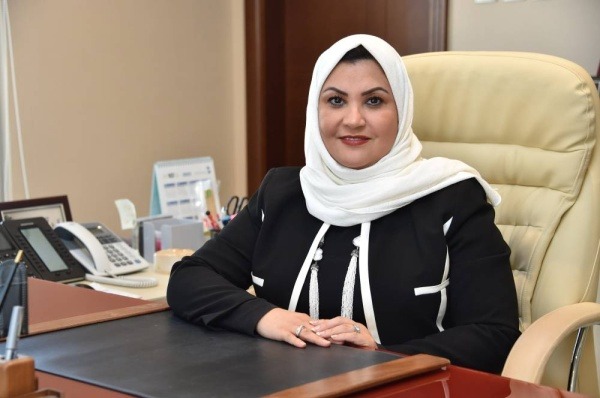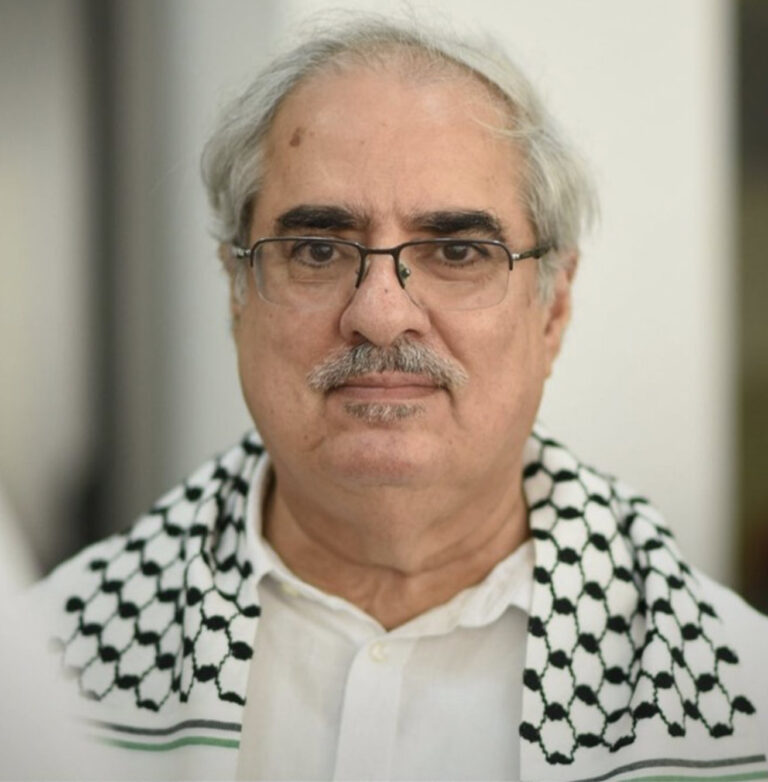On 12 August 2023, the Ombudsman issued a highly misleading statement that served to legitimise the degrading policies within Jau Prison while failing to address any of the real concerns raised by the striking inmates.
The Ombudsman must immediately correct the facts in line with the laws in place and address the issues underlying the demands rather than providing misleading legal cover and undermining the legitimate demands of the inmates.
As illustrated below, it is incorrect to conclude that the inmates’ demands are “in violation of Rehabilitation Institute Law No. 18 of 2014, Regulation No. 131 of 2015.”
In its statement, the Ombudsman failed to recognise or engage with the prisoner’s demands. Instead of addressing the prisoners concerns, the statement offers a misleading representation of prison conditions and provides legal cover for the repeated failures of prison authorities.
See the full response here.




